Popular Houzz Series
Popular Houzz Series
Appears in
See also
Fun HouzzFrom The ProsHouzz Around The WorldProject Of The WeekStickybeak Of The WeekQuizzesCreatives At HomeAt Home With...Best Of The WeekRoom Of The WeekDesigner Profiles3 Things I Wish My Clients KnewHow Do I...Buyer's GuidesExpert EyeInnovation AlertSo Your Style Is...Spotted!Picture PerfectBefore & AfterBudget BreakdownHome TimeMade Local
How Do I... Know if My Hot-Water System is About to Fail?
Be smart to the signs that your hot-water system is in trouble and say goodbye to unexpected (and unwanted) cold showers
In this practical series, we ask experts to answer your burning home and design questions. Here, Keith Dawber, service manager at Rheem Australia, reveals the warning signs your hot-water system might be giving you, and how you can keep it functioning at its best.
Look out for the warning signs of a problem
Call a qualified technician to inspect your hot-water system if you notice any of the following:
Call a qualified technician to inspect your hot-water system if you notice any of the following:
- Rust and leakage: If the water coming from your tap is rusty, brown or has a sediment in it, this is a sign that the cylinder lining in your system might have deteriorated. This is not only unsafe, as it creates slip hazards and a breeding ground for termites, but it could seriously cost you in excess water and power bills.
- Strange sounds: If you notice cracking noises when your hot water is heating up, get it checked out by a qualified service person. It may be caused by sediment building up on the bottom of the tank, which often occurs as a water system ages.
- Erratic water pressure: If one minute your shower has high pressure and the next it’s just trickling out of the shower head, this can signal a water-flow problem. In this case it could be a valve or even a tapware issue.
- Inconsistent temperature: If your hot water changes temperature from day to day, it can mean your temperature-limiting device needs replacing. This can be dangerous and lead to serious burns, so call a professional promptly.
- Funny taste or smell: If the hot water has a strange smell or metallic taste, get it checked immediately.
Know what things can put excess pressure on your system… and avoid them
These include:
These include:
- Excessive water pressure, which can add stress to the cylinder.
- Setting the hot-water temperature too high (it can also add to your running costs).
- Blocked strainers and filters, which can cause flow-rate issues.
- Installation issues and/or a faulty thermocouple (the safety device that senses when the pilot light is on), igniters, elements and thermostats.
- Stuck relief valves that constantly leak due to owners not operating the valves every six months in accordance with manufacturer’s instructions.
- Water chemistry; water supplies vary by location and have varying levels of dissolved solids in the water. Some water supplies are scaling and some water supplies are acidic, which can prematurely age your system.
Have it serviced
This is your first step to preventing any problems. Service intervals will vary according to the type of water heater you have (for example, gas continuous or storage; electric storage or solar) and your home’s location. Contact the manufacturer for advice on service intervals.
Generally, though, your water system should get a major service every five years, or if something is not right.
This is your first step to preventing any problems. Service intervals will vary according to the type of water heater you have (for example, gas continuous or storage; electric storage or solar) and your home’s location. Contact the manufacturer for advice on service intervals.
Generally, though, your water system should get a major service every five years, or if something is not right.
Your technician will generally:
- Check and flush the relief valves
- Check the heating source
- Assess the condition of the sacrificial anode
- Check for leaks
- Test filters (where fitted)
- Check the appliance operation
Don’t forget your five-yearly maintenance service
After five years there are a few things that will need to be checked or replaced in your hot-water system, so don’t be tempted to skip it. Things your technician will check include the system’s sacrificial anode, temperature and pressure relief valves, and checking the correct operation of the gas, electric or solar control.
After five years there are a few things that will need to be checked or replaced in your hot-water system, so don’t be tempted to skip it. Things your technician will check include the system’s sacrificial anode, temperature and pressure relief valves, and checking the correct operation of the gas, electric or solar control.
Photo: Rheem
Tell us
Did you find this story useful? Tell us why in the Comments below. And don’t forget to like or share this story and save the photos. Join the conversation.
More
Find a bathroom designer or renovator near you
Tell us
Did you find this story useful? Tell us why in the Comments below. And don’t forget to like or share this story and save the photos. Join the conversation.
More
Find a bathroom designer or renovator near you






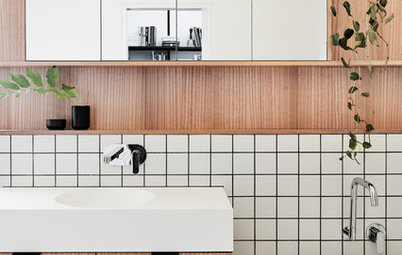

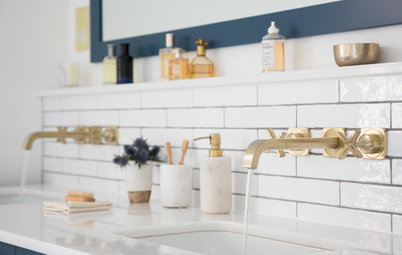
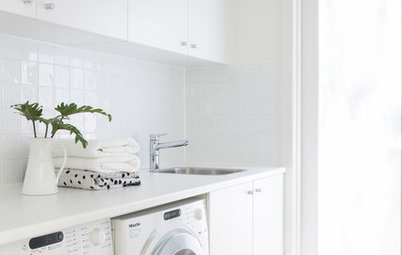
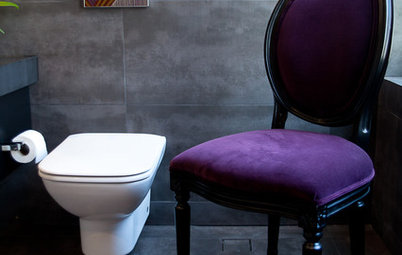
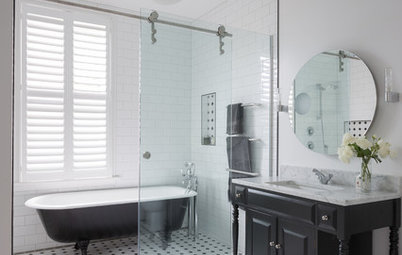

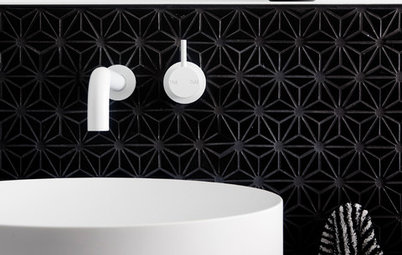
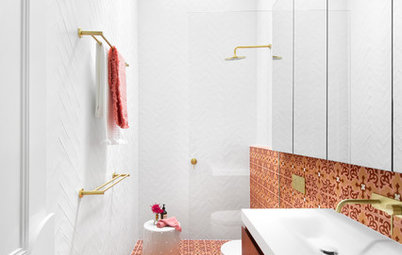
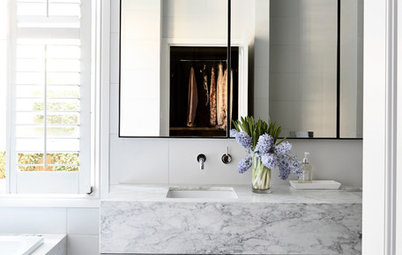
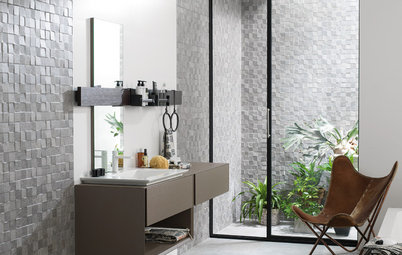


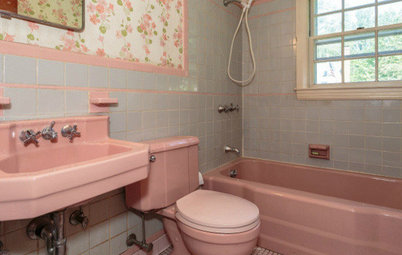

Most Aussies have a ‘set-and-forget’ attitude to hot water, which can leave you out in the cold – and out-of-pocket – when you least expect it.
Being alert to the warning signs of trouble and having your system regularly serviced are the keys to keeping those hot showers flowing.